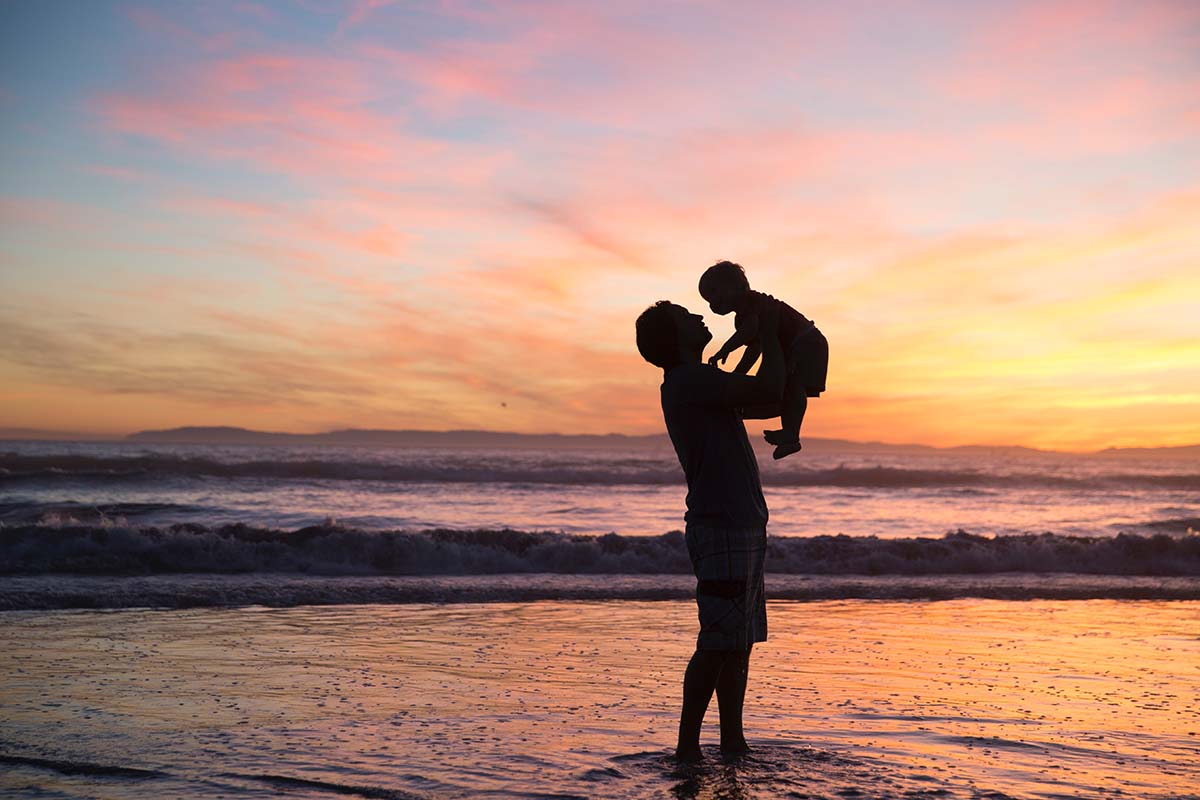I’m back at work today after the Easter weekend, when I had a couple of days off. It meant extra family time at a time when family time seems to be all I get.
But since reading developmental psychologist Alison Gopnik, an inspiring thinker when it comes to understanding children, I’ve been thinking differently about love and care within the family setting. “We don’t care for children because we love them; we love them because we care for them,” she writes in The Gardener and The Carpenter.
From an evolutionary perspective, motherly love may be understood as a deep, exclusive kind of love that, through deep hormonal connections, develops from the uterus. But it’s not only biological mothers who feel love for a baby. Adoptive parents do too, and so do fathers, grandparents and other carers. From a biological perspective, caring for a baby increases our levels of oxytocin, the love hormone, for everyone. That may even explain why we manage to survive as a species, despite being helpless babies for a long time.
So, does caring for other humans make us love them more – even if they’re not babies? Gopnik discusses that question in this great podcast with Ezra Klein.
I toyed with that idea myself over the Easter weekend. If I focus on caring for the people around me, will I also encourage more love to flow?
I don’t know where…

